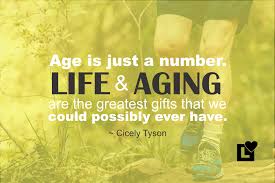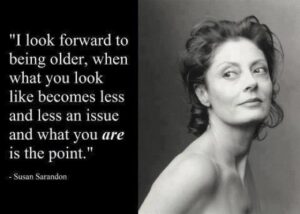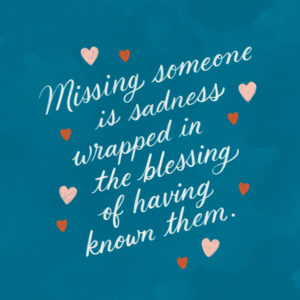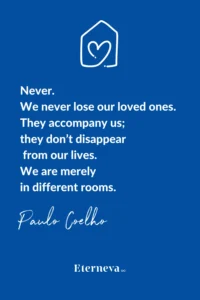Many look at aging as it sucks but believe or not some look at it as a privilege but how? It’s how you look at it and how you as a child looking up to parents to mentors around you looked at aging. Of course there are those that say “Aging sucks” I have even said that. 2. Aging is a privilege. How is aging a privilege let me explain. A paradox of living is that striving to age healthfully overall can lead to increased longevity, meaning you’ll have more experiences with death the older you get. As we age, so do the people around us. This is just as much a part of the “aging is a privilege” perspective as any of the rest of it. Keep in mind those you die young miss out on those great memories or great experiences you may have had 20 to 50 years of being with that person who died.
Living longer has both joys and consequences. We will lose friends and loved ones to accidents, illnesses, and, as we reach our later years, old age—though we desperately want to know the “whys” of old age losses, seeking answers on how to avoid them.
In Stephen King’s fantasy The Green Mile, the unjustly executed main character passes some of his miraculous life-extending gifts onto a death row guard, forever changing the rest of the guard’s life. Its bittersweet conclusion leaves burning questions as well as heavy food for thought. The guard now possesses a form of near immortality—something he sees as punishment for not being able to stop the prisoner’s execution even though he knew him to be innocent. And he goes on to outlive all the people he loves.
While death I say frequently at the age I am and even before with being a RN about 40 years that its a natural part of life and an unavoidable consequence of aging, it doesn’t mean you won’t be deeply affected by it.
“There but for the grace of God go I” is often a saying on the tops of our minds as we join other mourners. But it is the very fact that we are there with others that defines our affirmation that life is indeed precious.
While you may not be able to predict how grief will affect you, having a support system in place and the skills necessary to care for your mental health will offer a foundation from which to continue this amazing thing called life.
Our unique personalities and experiences often influence how we think about death, but other factors enter into our approach to it. The culture in which we were raised can shape our beliefs and perceptions of death. How? Because the way the people around us perceive and react to grief affects our feelings as well.
Why is it that we feel differently about the loss of a person we know depending on how they left us? A sudden fatal car accident, a long-drawn-out illness, or the fact that they decided to end their own suffering—any of these conjure up feelings and opinions in us that are hard to shake—most of which were passed on to us by our parents. “She lived a long time.” “What a tragedy to see a life end that early.” “It’s too bad he didn’t take better care of himself.” “At least she is no longer in pain.” No matter what words we use to justify, judge, or comfort ourselves, the fact remains that that person is no longer around. The key is to acceptance and to know how to deal with the emotions you’re having instead of analyzing the timing or the circumstances that led to it. In that way, you can begin to celebrate that person’s time here on Earth in the spirit of appreciation.
Some of us have cared for loved ones like myself and still am, watching the physical part of the process happen before our eyes. We may have gently washed a loved one’s face, moved them around to change their bedding, and noticed the many physical changes that took place. The thing is, fear (of the unknown) is simply a normal human reaction for both the caregiver and the one ailing. Though I must say being a RN helped in so many ways in the acceptance of death with having religious background and still practicing to this day.
You can think you’re doing well with the losses happening around you, but don’t be surprised that you can phase in and out of the feelings you experience both now and in the future. You may have remember something due to something you see, smell, hear, or touch.
Some say they may be “at peace” with a particular loss. I say that especially when someone was sick and in a terminal drawn out diagnosis. I have seen too often. But even getting there doesn’t necessarily spell relief once it’s reached. The fact is, we won’t all experience death and dying in the same way. Our unique experiences may even change as we age and are confronted with death more often.
So, the best we can say about it is that the physical, emotional, and spiritual aspects of dying that are distressing and confusing are just plain outright normal. especially for humans since we have a heart and feelings. The thing to remember is that we are not alone. Don’t hesitate to reach out to someone you know and trust to “vent” awhile over the loss of someone you knew, whether it’s a long-distance loss or one you witnessed personally. Our friends and family often don’t know how to act around us even though they want to help.
Perhaps that’s the way we all need to look at this phenomenon of the frequency of funerals we must attend as we age. Life is a precious gift, and whether your spiritual beliefs help you cope with them or not, be sure to find something that works for you.



